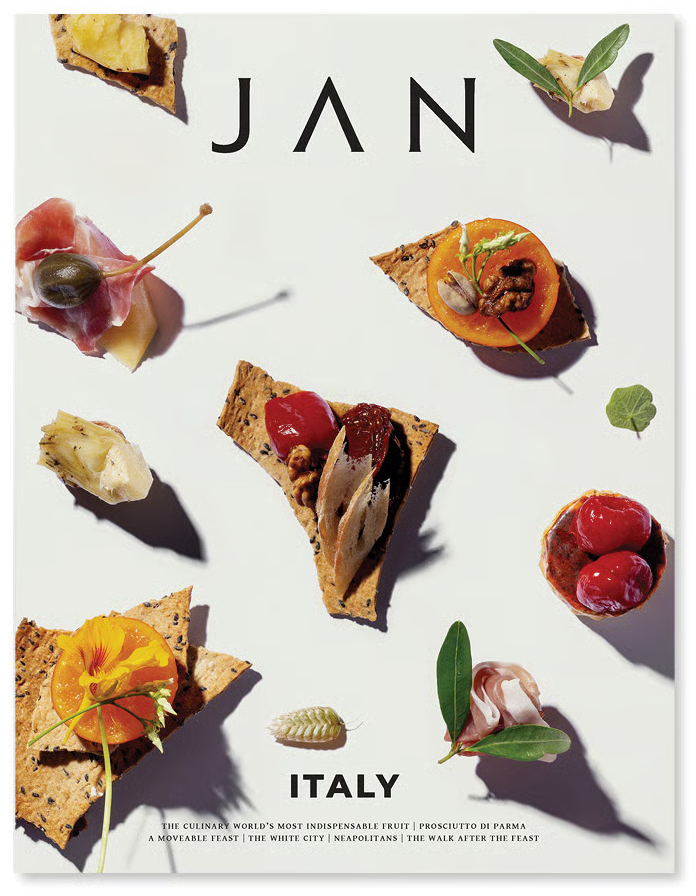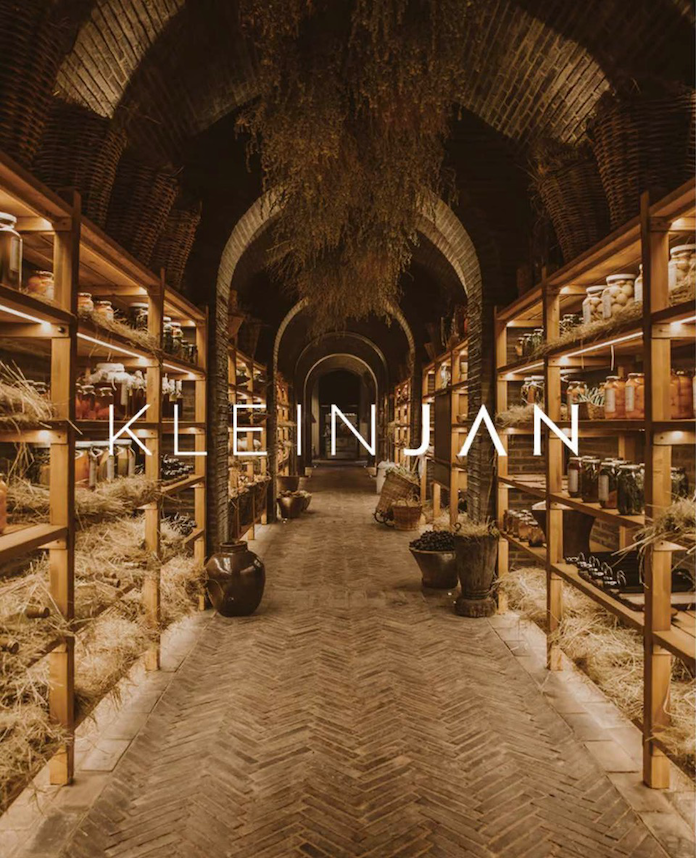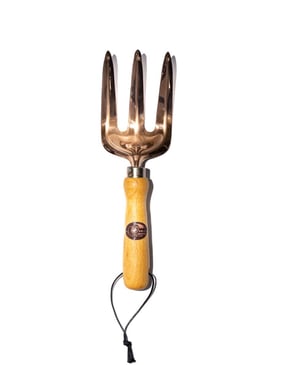Dirty Little Secrets
How Soil Health Affects Food
Just like any South African who has spent time abroad, I feel a definite sense of home when I return and feel African ground beneath my feet. It is like the earth here has a different “vibration”, something unique that you feel with your whole being when you’re back in the place of your birth.
I get this similar feeling when I spend time in our beautiful JAN Garden in Nice. It makes me feel alive and at peace, all at the same time. Perhaps it is because it reminds me of my childhood in Middelburg and spending time outside in the vegetable patch and orchards, feeling the warm earth under my feet and the sun-hot soil running through my fingers.

As any good farmer or gardener will tell you, it is no coincidence that the earth gives off a certain vibe – after all, soil is alive with hundreds – make that millions – of micro- and macro-organisms. And it is no secret that healthy soil produces healthier fruit and veg. You can see it in the colour and texture, and you can taste it when you take a bite. But there are benefits we can’t see with the naked eye – healthy soil ensures nutrient-dense crops that are, quite simply, better for us. That’s exactly why we started JAN Garden to supply our kitchen at Restaurant JAN, and why we always support smaller producers who respect and value the land and know that what you put in affects what you get out.
When it comes to your own veggie garden, try these soil enriching tricks to ensure your yield is packed with goodness:
Put on some armour
Soil needs protecting, so make sure you add a layer of mulch around your plants. Mulch isn’t just about providing a layer to keep the goodness in the soil, it prevents wind from carrying off precious nutrient-loaded topsoil and minimises damage from rain. While water is obviously essential for healthy plant growth, when a raindrop hits the soil at speed it’s like a mini meteorite – it dislodges soil and compacts the soil underneath. A nice layer of mulch helps rainwater to sink in rather than run off.
Don’t be a neat freak
While your instinct might be to clear away any dead plant matter, don’t get too enthusiastic. Old roots and decaying organic matter help build up an active microbial system – which is just what your soil needs to make your veggies flourish. Plant roots especially are a source of carbon and other nutrients which ensure a diverse food source for all those micro-organisms you want to nourish. And all that organic matter acts as a natural mulch, protecting the soil from run-off or from being blown away – see it as additional armour.
Dibble-dabble a little
It can be tempting to really get in there and give your soil a good turning over before you plant, but you want to go a little easy. Too much tilling can disturb important soil “infrastructure”. What you need is a dibbler so that you can practice till-free planting. Dibblers come in a variety of sizes and work by simply pushing a hole into the soil. If you come across a root when you’re using your dibbler, just shift it over a little – remember, old roots are good!
Mix it up
Simply put, plant diversity creates a diversity of soil micro-organisms which is why it is important to switch up your veggie patch a little. Some veggies – like mielies and cabbage – are “heavier feeders”, which means they take more out of your soil than other less greedy plants. Companion planting will benefit both plants – so, for example, by planting peas or beans alongside your cabbage or mielies you help benefit both.
Think macro and micro
Compost is packed with nutrients, which is why you add it to your veggie patch. But for your plants to access those nutrients they need to be broken down – and for that you need macro-organisms like earthworms and insects who set off the decomposition process. Then it is the turn of the micro-organisms – all of those important workers like bacteria that you can’t see with your naked eye. They break this organic matter into even smaller pieces that plants can take in, helping them to grown healthy and strong. You want to welcome creatures great and small to your garden, so steer clear of synthetic pesticides, fungicides and fertilisers. Nature always provides the best medicine.


















